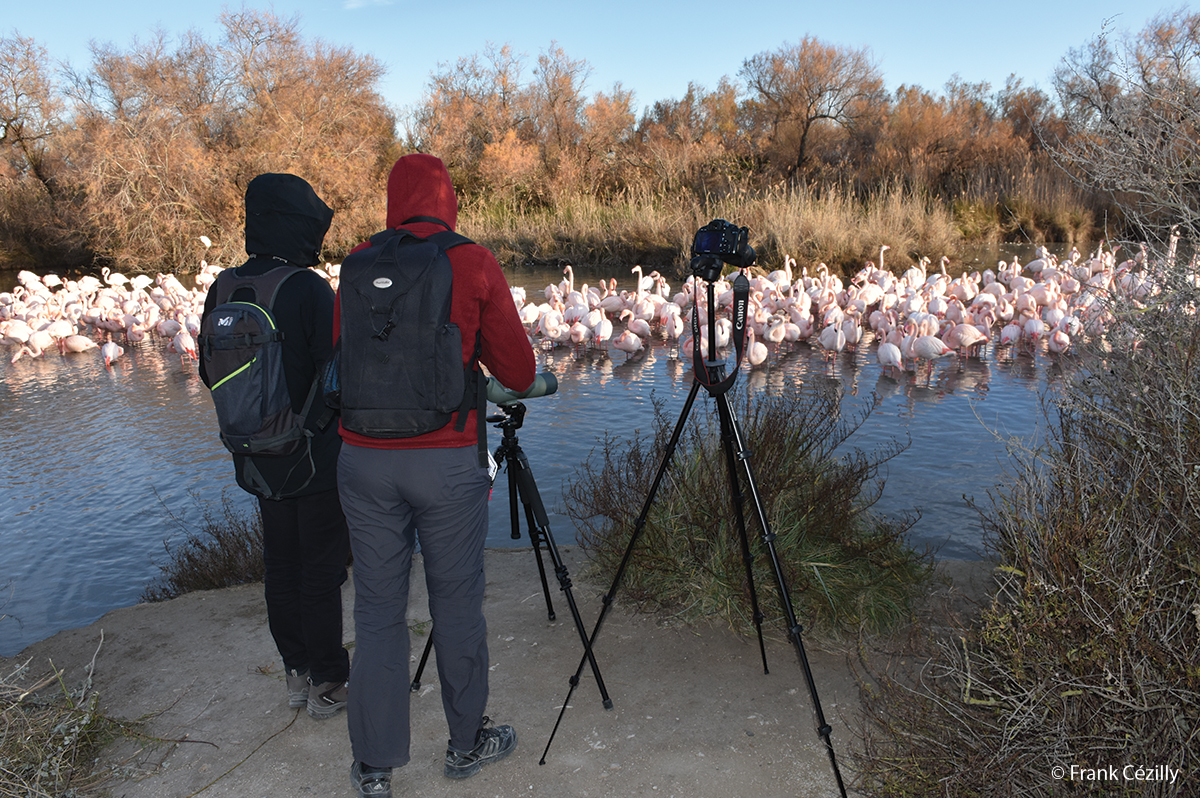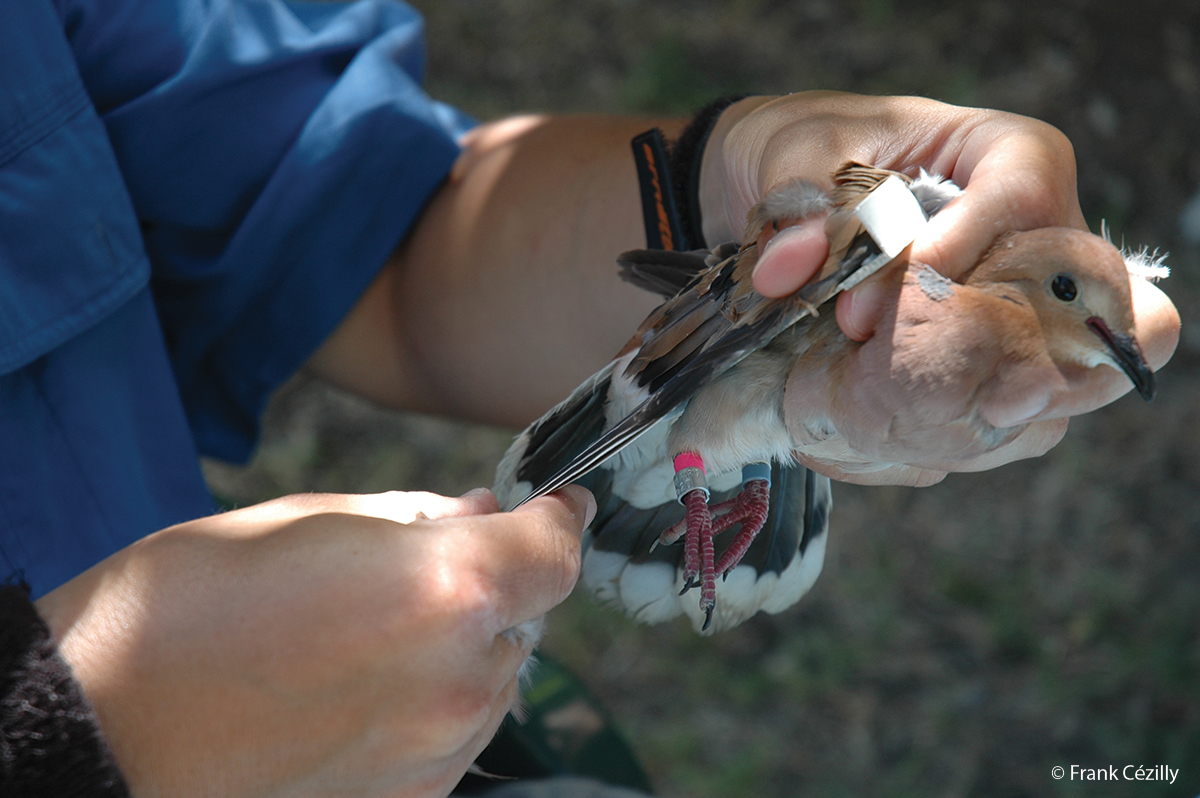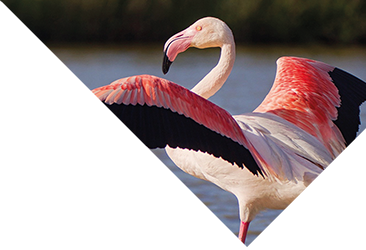The Master in Conservation Biology, specialization Behavioural Ecology and Wildlife Management aims at providing a critical and conceptually-based understanding of animal behaviour and evolutionary ecology, in the framework of conservation biology and wildlife management. Half of the second year is devoted to researching and writing a thesis of about 12,000 words.


In the first year, the course design is based upon the idea that biodiversity conservation must be based on a multi-level knowledge approach, mixing key disciplines in ecology and evolution with recent technical advances in the fields of biometry, molecular ecology and management tools. The course content is rooted in our established strengths in behavioural ecology, evolutionary biology, conservation biology, quantitative ecology and research design. The master degree program is further enriched by input from professional conservationists and managers, with the aim to put courses in the broader context of project management and decision making procedures.
The specific course objectives are to develop your abilities to:
- Critically engage with concepts and theory in behavioural ecology, conservation biology and wildlife management from interdisciplinary perspectives at an advanced scientific level,
- Critically assess the ability of organisms to react, cope with and adjust to environmental change occurring over different spatial and time scales,
- Appreciate the opportunities offered by new technological developments for the future of research on animal behaviour and wildlife management,
- Combine theory, hypotheses, methods, data and field work so as to identify and develop innovative research questions and design.
Teaching consists of lectures, seminars, class tutorials and practical training in laboratory which provide in-depth exploration of key issues. The teaching philosophy is to stimulate discussion and debate between academic staff and students to identify and explore theory, methods and practice in an academic space that encourages a critical dialogue.
Field courses allow students to apply the methods and ideas presented to them in the classroom to practical use in the field. Each year, you will attend at least one week-long fieldtrip, and several one-day field sessions. The “Tour du Valat field course” allows the analysis of a model for wildlife management in the Camargue, based on extensive research on wildlife populations, in the context of the various activities taking place in the Parc Naturel Régional de Camargue. Other field courses address the quantitative analysis of animal behaviour, the monitoring of wildlife, and ex-situ conservation.
In the second year, you will work on your thesis project within a research team, with the support of a specialist supervisor.
During the first year, you take the examinations associated with the Master in Conservation Biology, specialization Behavioural Ecology and Wildlife Management. You must pass the examinations taken during the first year (i.e. obtain 60 ECTS credits) in order to proceed into the second year.
Half of second year is devoted to researching and writing a thesis of about 12,000 words. The research topic will be devised at the end of your first year and, once approved, a supervisor will be allocated to you. The thesis accounts for half the marks for the second year.
Graduate destinations
The aim of the course is to train future scientific leaders in animal behaviour and conservation biology, as well as future managers and policy officers in biodiversity, conservation and wildlife management. In that respect, the course combines behavioural ecology and conservation biology as two major disciplines with some other relevant topics – ethics and deontology, epistemology, socioeconomics of conservation, structure and management of environmental organizations, in addition to the hard science of biodiversity.
The master’s Alumni Office helps alumni keep in touch with each other and organises alumni events.
Changes to the course
The University will seek to deliver this course in accordance with the description set out in this course page. However, there may be situations in which it is desirable or necessary for the University to make changes in course provision, either before or after registration. For further information, please see our page on changes to courses.





